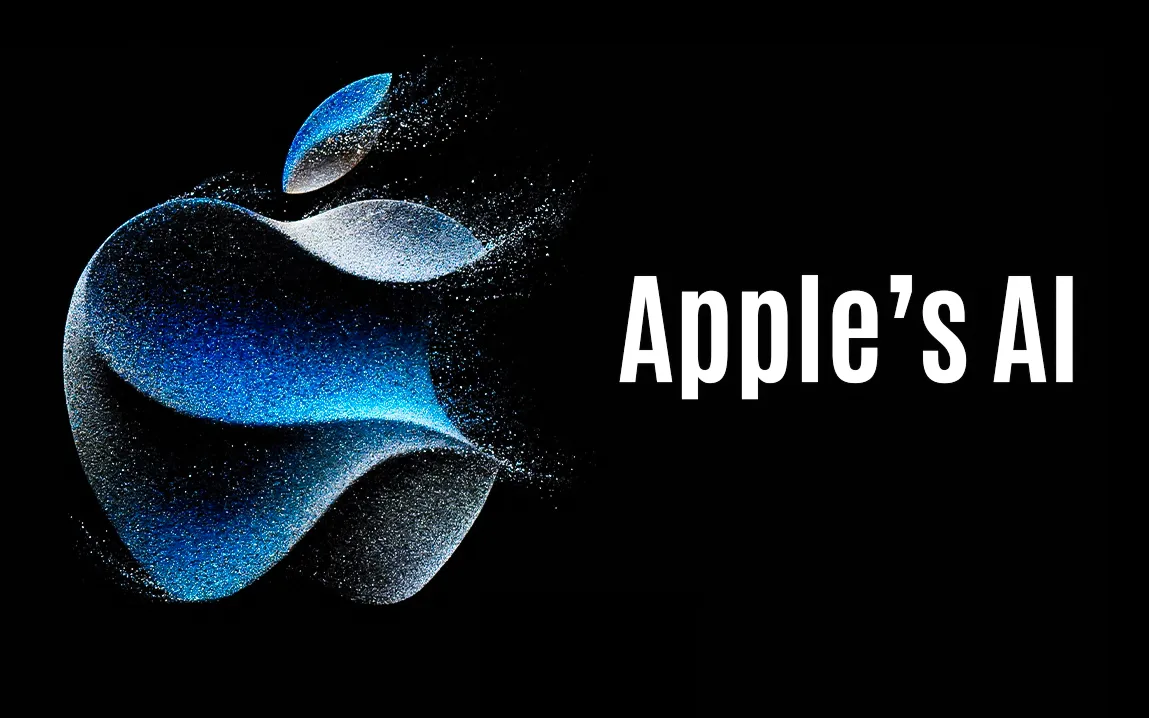A new policy framework seeks to remove racial considerations in AI development, aiming to enhance innovation while addressing ethical concerns and algorithmic biases.
In the fast-changing world of artificial intelligence and technology, the interplay between innovation and ethical responsibility has been the point of discussion. A recently released policy framework titled “Eliminating Racial Considerations in Technology and AI: A Policy Framework for Innovation” proposes the removal of racial considerations from AI development processes to foster innovation and mitigate ethical concerns.
The Case for Removing Racial Considerations
They postulate the absence of racial data in AI algorithms and a reason to prevent the continuation of established biases and discrimination. Given that racial considerations are avoided, AI systems may execute at a more neutral data level, which could reduce some possibilities of algorithmic bias commonly seen in hiring practices or law enforcement. This rationale says that race-neutral approach shall also lead to more equitable treatments of diverse populations.
Concerns and Counterarguments
However, this strategy has been met with considerable debate from experts and civil rights groups. Critics argue that a complete removal of racial considerations might result in overlooking the system issues that disproportionately affect the vulnerable communities. Rashida Richardson, an AI policy and civil rights expert, pointed out the need for transparency and accountability in AI systems to prevent discriminatory outcomes. She emphasizes that without considering racial data, it becomes challenging to identify and rectify biases that disadvantage specific groups.
Moreover, studies have demonstrated that AI systems can inadvertently perpetuate racial biases present in their training data. For instance, research has shown that certain AI-driven recruitment tools have favored male candidates over female candidates, reflecting historical gender bias in the workforce. Similarly, predictive policing algorithms have been criticized for disproportionately targeting minority communities.
Balancing Innovation with Ethical Responsibility
The challenge will be achieving this balance in innovation that brings with it a call to be ethically responsible, while experts do advocate that it should not be superficially done but rather one that consists of:
Inclusive data practices: Such that training on AI systems would look to diverse data sets such that the variety of each community is captured well.
Transparency and accountability: Where it is allowed to track or audit, explain processes and detect bias.
Interdisciplinary Cooperation: Collaboration with ethicists, sociologists, and technologists throughout the AI design phase, considering the broader societal effects.
Regulatory Supervision: Laws that enforce ethical rules against practices of discrimination when developing and applying AI technologies.
As Forbes puts it in its report, responsible AI innovation will come from ethical technologists that are aware of societal consequences and committed to their implementation in the AI design phase.
While the proposal to end all racial considerations in AI development is set with the hope of promoting neutrality and innovation, it creates deeper ethical dilemmas as they relate to the unintended biases toward vulnerable communities. There needs to be a holistic approach which acknowledges the challenges but helps address them so that these technologies of AI can benefit everyone in society.



